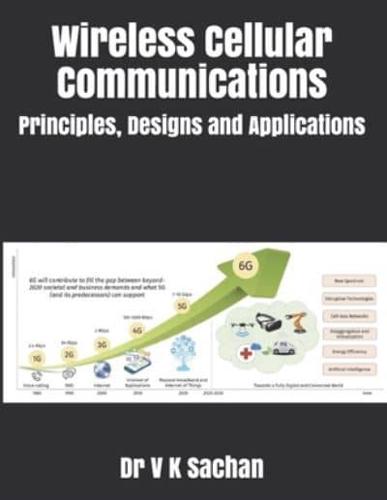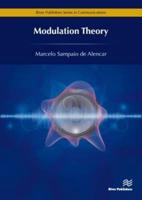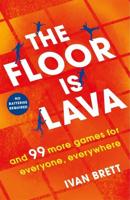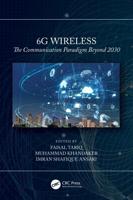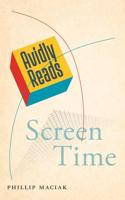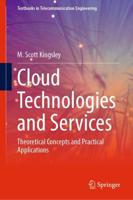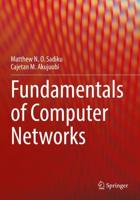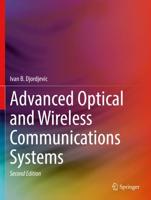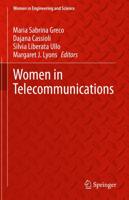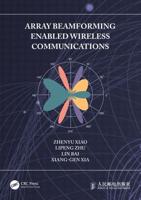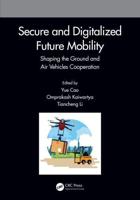Publisher's Synopsis
Wireless Cellular Communication is the biggest opportunity ever for our industry. With capabilities much greater than today's networks, opportunities beyond our imagination will appear. With 5G, we will be able to digitalize industries and realize the full potential of a networked society. So far, cellular innovation has focused on driving data rates. With 5G, in addition we see the advent of low-latency Tactile Internet and massive IoT generating new opportunities for society. 5G brings new technology solutions to the 5G mobile networks including new spectrum options, new antenna structures, new physical layer and protocols designs and new network architectures. The authors review the deployment aspects such as Millimeter Wave Communication and transport network and explore the 5G performance aspects including speed and coverage and latency. The book also looks at all the sub-systems of the network, focusing on both the practical and theoretical issues. This text book "Wireless Cellular Communications" is organized into Nine Chapters. Chapter-1: Introduction of Wireless Cellular CommunicationsChapter-2: GSM - System OverviewChapter-3: General Packet Radio Service (GPRS)Chapter- 4: GSM EDGEChapter-5: IS-95 CDMA Chapter-6: UMB- Ultra-Mobile BroadbandChapter-7: HSPA and LTE FeaturesChapter-8: Introduction to 5G Wireless Communication Chapter-9: 6G Mobile Communications TechnologySalient Features-Comprehensive Coverage of Basics of Wireless Cellular Communications,2G Wireless Networks, Wireless Systems and Standards of 1g to 6G Wireless Communications, Architecture of Wireless Communications, Modulation and Multiple Access Techniques for 1G to 6G.-New elements in book include Channels for 5G Wireless Communication and 6G Mobile Communications Technology.-Clear perception of the various problems with a large number of neat, well drawn and illustrative diagrams. -Simple Language, easy- to- understand manner.Our sincere thanks are due to all Scientists, Engineers, Authors and Publishers, whose works and text have been the source of enlightenment, inspiration and guidance to us in presenting this small book. I will appreciate any suggestions from students and faculty members alike so that we can strive to make the text book more useful in the edition to come.


